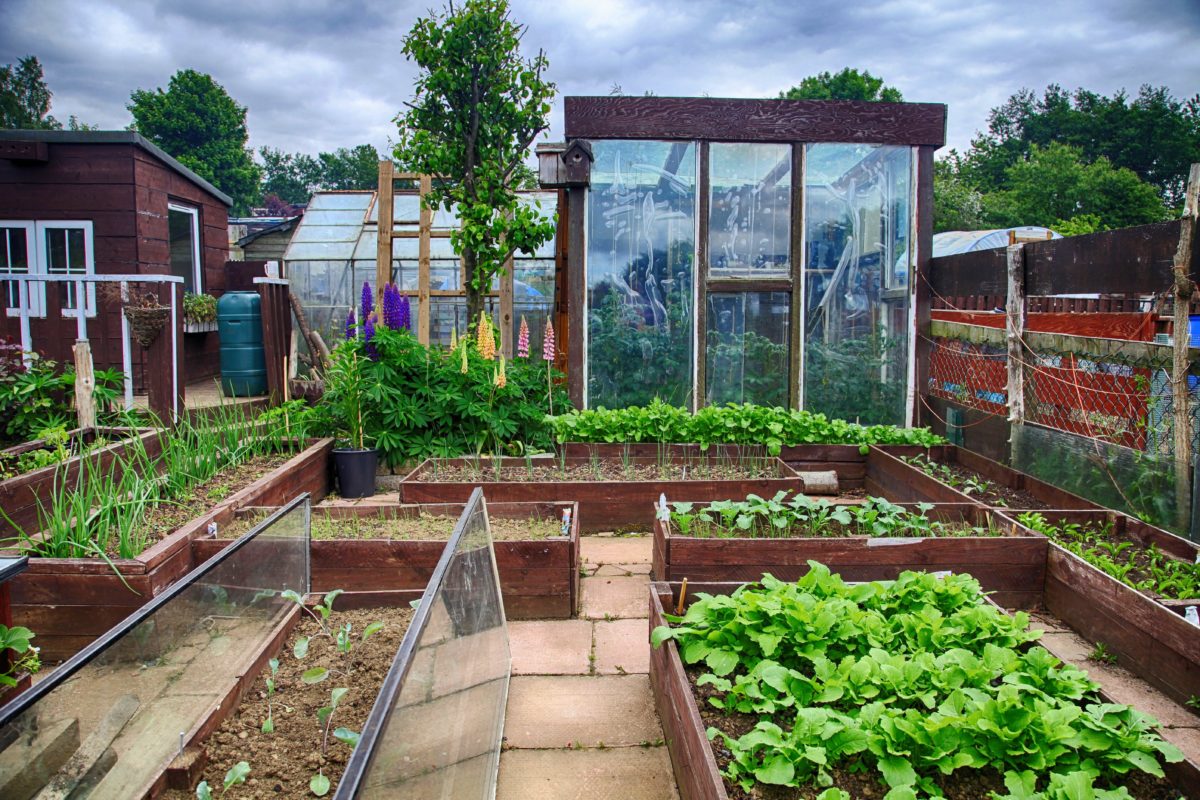

Unsplash / Pixabay
An investment in a backyard or hobby greenhouse has been proven to be both a profitable and healthy one, with homeowners in both residential and urban areas thinking twice about where their food comes from or simply trying to capitalize on emerging cash crops. But as with most real estate and property-improving projects, available space quickly becomes a factor. For most, adding a greenhouse to a backyard means sacrificing a considerable amount of space to a semi-permanent structure that has limited uses. In order to fully capitalize on your investment and make the most of your available space, you’ll need to carefully plan and organize your backyard to accommodate your new greenhouse. Here’s how:
Think Access
While it might be convenient for your daily gardening chores to place your greenhouse next to your home, positioning the structure near easy access points for vehicles will save you (and your back) a lot of hassle in the months and years to come. As you unload supplies and load up your crops, you’ll want to be able to quickly move between your greenhouse and the truck – making that easy at the outset can only help.
Furthermore, because optimal greenhouse growth calls for an east-west orientation for maximum exposure to sunlight, placing your facility near other buildings may complicate that requirement. However, if you have nearby deciduous trees, the afternoon shade they provide during the summer and additional light made available during the winter will be a massive load off your energy costs.
Invest in Storage
While this may be an obvious point, the benefits of placing your greenhouse near your garden, garage, or shed can help keep your yard organized and looking tidy, but also help reduce your back-and-forth time. Storing equipment and tools within the greenhouse itself is not always recommended – additional humidity and heat may cause your tools to break down prematurely.
If possible, a small storage hutch, cabinet, or shed is your best choice to keep your gear safe and secure all year long. Not only does a modern garden storage unit beautify your backyard, it demonstrates your dedication to your yard, garden, and greenhouse. However you make it work, make it work for you and your tendencies.
Ignore Aesthetics
While there are plenty of beautiful indoor growing facilities around the world, very few backyard or hobbyist greenhouses match that description – but that’s okay. Greenhouses are meant to be used as a tool, making their function much more important than their form.
Of course, greenhouse manufacturers can provide a variety of colors and designs to best suit your outdoor landscaping and visual preferences. For those who wish to expand on your shed or garage, a connected greenhouse facility can both save space and avoid establishing new connections for utilities.
Don’t Forget About Utilities
Speaking of utilities, have you decided how you’ll power your greenhouse? What about the irrigation system? A connection to your electrical and water systems will save you a lot of hassle, but adding both to a far-flung greenhouse location at the far reaches of your property may be too much to ask for.
And although it’s a secondary concern compared to power and water, ensuring your greenhouse has a decent Wi-Fi signal can help with monitoring and data analysis moving forward. Some irrigation and temperature control systems utilize wireless technologies and incorporate smartphone apps to remotely monitor and adjust conditions within the greenhouse, replacing a routine trip to the physical structure with a quick tap on your phone.
How do you manage your backyard greenhouse for best results without disrupting your family’s outdoor activities?
